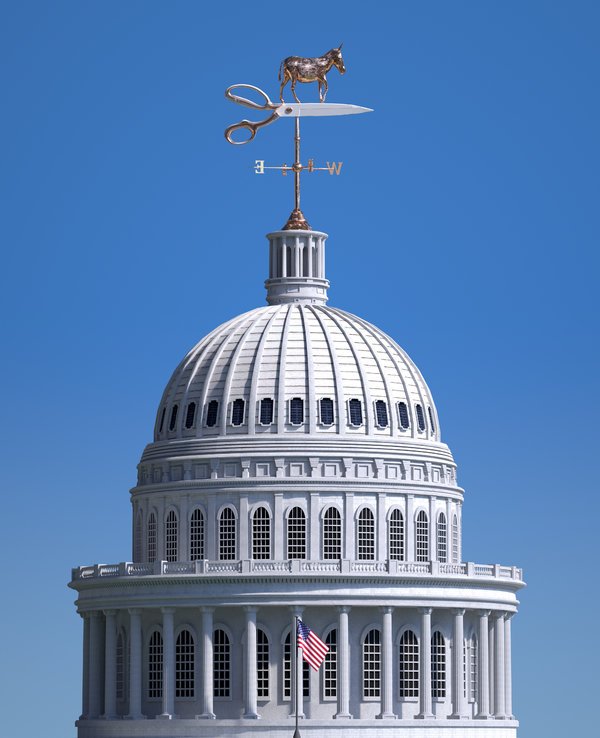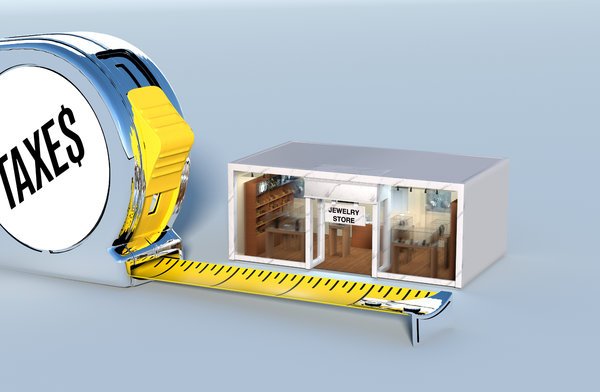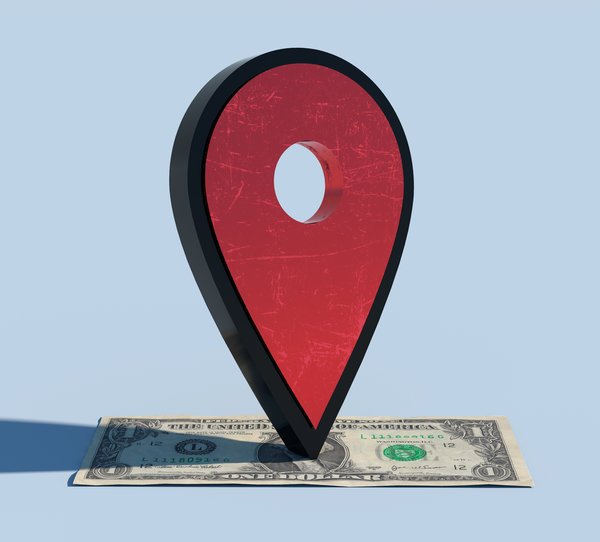The Government Shutdown Made the I.R.S. Even More Frustrating
Tax Filing Season Is Starting, but It May Not Go Smoothly
Your 2019 Tax Refund Might Be Higher, Lower or Later Than Usual
Smaller Tax Refunds Surprise Those Expecting More Relief
A blistering debate in Congress, but don’t expect change

Only a year after sweeping changes took place, proposals to revamp the tax code — yet again — are rampant. From the Democratic side come calls for a more progressive system, requiring wealthy people to pay more, reversing the rise in income inequality that has been underway. Republicans, on the other hand, want to make the current tax rates — which are set to expire at the end of 2025 — permanent. The division of power in place in Washington means that you shouldn’t count on big changes this year. But the heated debates in Congress and on the 2020 campaign trail will give clues about legislation to come.
READ MORE:
All Talk, Little Action: What to Expect on Tax Policy This Year
When the rich want to pay more in taxes

Wealthy people are reaping the richest benefits from the changes in the tax code, and many of them are rejoicing, as you might expect. But an affluent few are raging against a so-called reform that has put more money — a lot more — in their pockets. They were already doing quite well, they say, and don’t need extra help from the tax system: Poorer people need the money more. Some millionaires and billionaires, however, resent this kind of talk. Friends of the wealthy tax critics call them “traitors to their class.”
READ MORE:
They’re Rich and They’re Mad About Taxes (Too Low!)
For small businesses, a new and possibly lucrative puzzle

The 2017 tax bill provides a 20 percent deduction for “qualified business income,” which is a great boon for those who can get it. But who, exactly, qualifies? The rules are arcane, and I.R.S. guidance has been changing. Health, law, financial services, entertainment and consulting businesses don’t qualify, for example, but architecture and engineering do. In some cases, eligibility hinges on small details. Read on for some pointers.
READ MORE:
Small Businesses Have a New Tax Break, but There Are Many ‘Ifs’
The law offers help for wealthy investors and needy neighborhoods. Can it do both?

By enabling affluent investors to postpone paying the tax man, new opportunity zone funds are starting to attract substantial sums. The funds are a tax break that was included in the 2017 tax law as a way of drawing money into distressed communities.
The idea is that investors get tax breaks, while the neighborhoods get new businesses and upgraded apartment buildings, shops and the like. But the areas that have been designated as distressed are not always really needy. The vibrant Long Island City neighborhood where Amazon proposed placing its campus, a plan it has abandoned, was designated an opportunity zone, for example. And even when neighborhoods are truly distressed, providing tax breaks for the rich may be an awkward way of redeveloping them.
READ MORE:
‘Opportunity Zones’ Offer Tax Breaks and, Maybe, Help for Communities
Article source: https://www.nytimes.com/2019/02/16/your-money/watch-out-tax-season-is-even-more-stressful-than-usual.html?partner=rss&emc=rss
Speak Your Mind
You must be logged in to post a comment.